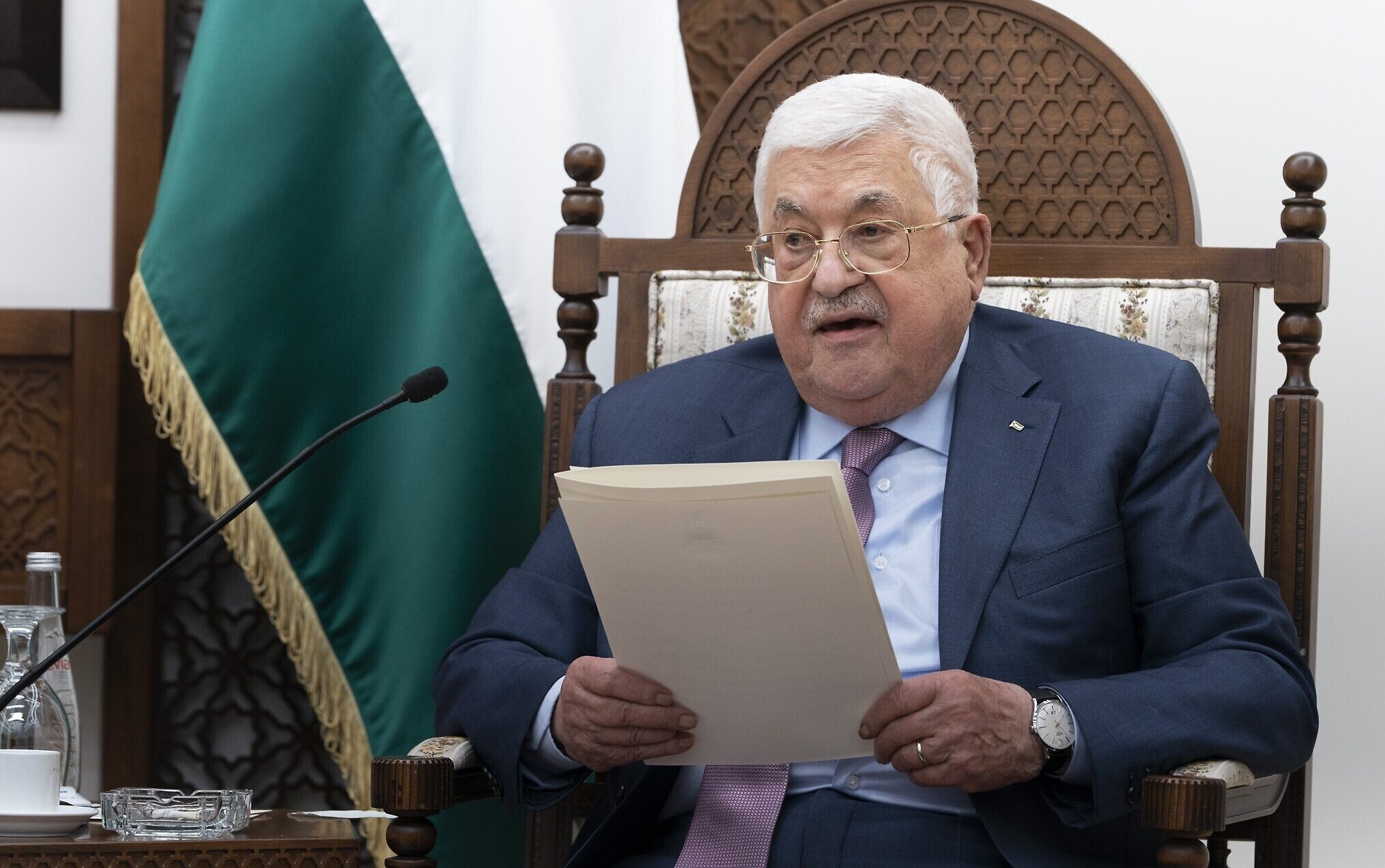As Rosh Hashanah and Yom Kippur, the Jewish High Holy Days, approach, Israel finds itself in a moment of introspection and soul-searching, both on a personal and national level. These sacred days are traditionally a time for reflection, forgiveness, and a commitment to bettering oneself. However, this year, the focus extends beyond individual contemplation, with critical questions arising regarding the actions and statements of Palestinian Authority leader Mahmoud Abbas.
Abbas, who operates under the authority vested in him by the Palestinian Liberation Organization, has recently stirred controversy with his rhetoric. His most alarming assertion challenges the very legitimacy of Israel as a Jewish state, a deeply unsettling sentiment for many Israelis. Moreover, his minimization of the Holocaust, as evident in his doctoral thesis from Moscow University, has ignited further concerns.
One contentious issue that demands addressing is Abbas’s continued support for a Palestinian Authority law that provides financial incentives to individuals who commit acts of violence against Jews. Under this law, anyone who murders a Jew receives a lifetime salary, and if the perpetrator dies during the act, their family is entitled to receive full compensation.
With these matters at the forefront of discussions leading up to Yom Kippur, I approached the Israeli Embassy in Canada with pressing policy questions regarding the Palestinian Authority:
1. Removal of Abbas’s PhD from Educational Outlets: Will the Israeli government insist that Mahmoud Abbas’s controversial doctoral thesis, which includes Holocaust denial, be removed from all educational outlets within the Palestinian Authority? This question stems from the concern that such a thesis perpetuates harmful historical revisionism and undermines efforts for mutual understanding and peace.
2. Repealing the Incentive Law: Will Israel demand the repeal of the Palestinian Authority’s law that incentivizes violence against Jews? This law, which rewards acts of murder with financial compensation, has raised alarms not only in Israel but also within the international community. Demanding its repeal would signify a clear stance against promoting violence and terrorism.
As Israel approaches Yom Kippur, a day of atonement and reflection, these questions hold great significance. They underscore the need for open dialogue, diplomacy, and a commitment to addressing issues that affect both Israelis and Palestinians. It is a moment when one must seek answers and anticipate constructive actions that promote peace, understanding, and reconciliation in the region.









